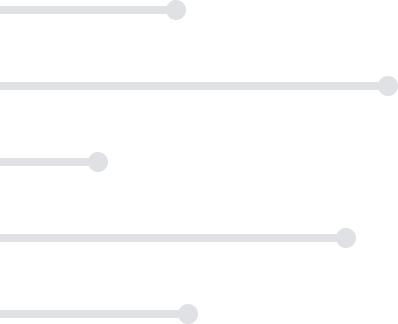
$79
Plus membership
3 Credits
All courses include:
eTextbooks
2 to 3-day turnaround for grading
Multiple chances to improve your grade
On-demand tutoring & writing center
Student support 7 days a week
$79
Plus membership
3 Credits
All courses include:
eTextbooks
2 to 3-day turnaround for grading
Multiple chances to improve your grade
On-demand tutoring & writing center
Student support 7 days a week
Accounting II
$79
Plus membership
3 Credits
About This Course
ACE Approved 2024
Accounting II focuses on corporate accounting. Learn about corporate structure characteristics and review stocks, bonds, notes, purchase investments, and analysis of financial statements.
What You'll Learn
Demonstrate knowledge of the accounting techniques used in corporations, including accounting for stock transactions.
Discuss the various types of corporate investments, differentiating between influential and non-influential investments.
Apply the tools of financial analysis to perform horizontal and vertical analysis.
Calculate and interpret various financial ratios.
Demonstrate knowledge of, and ability to prepare, a statement of cash flows.
Define managerial accounting and understand the techniques used in cost accounting.
Demonstrate the ability to prepare financial statements for a manufacturing company.
Demonstrate knowledge of process cost accounting systems, including the use of equivalent units of production.
Use various allocation methods to allocate overhead and indirect costs.
Compute break-even and cost-revenue analysis values and understand how to interpret the results.
Define a master budget and how it is used in a business.
Discuss a flexible budget and the role of standard costs in the budgeting process.
Describe a capital budget and discuss the role of the time value of money in the budgeting process.


Your Life, Your Schedule, Your Education
Transfer into over 3000+ institutions that accept ACE courses or transfer directly into 180+ partner schools.
Request Information
This online college course provides an understanding of cash flow statements, budgets, and budget management. Also get an in-depth look at managerial accounting.
There are no prerequisites to take Accounting II though we highly recommend concurrent enrollment in Accounting I.
| Topic | Subtopics |
|---|---|
| Accounting for Corporations |
|
| Accounting for Corporate Bonds |
|
| Corporate Investments |
|
| Corporate Financial Statement Analysis |
|
| Statement of Cash Flows |
|
| Managerial Accounting |
|
| Manufacturing Accounting |
|
| Job Order Accounting |
|
| Process Cost Accounting |
|
| Cost Allocation |
|
| Cost Analysis |
|
| Master Budgets |
|
| Flexible Budgets and Standard Costs |
|
| Capital Budgets and Managerial Decisions |
|
Your score provides a percentage score and letter grade for each course. A passing percentage is 70% or higher.
Assignments for this course include 4 graded exams.
The required eTextbook for this course is included with your course purchase at no additional cost.
Wild, John J., and Ken Shaw. Fundamental Accounting Principles, 24th edition. McGraw-Hill/Irwin, 2019. ISBN 9781259916960
Accounting II students also take:
Helpful resources:







